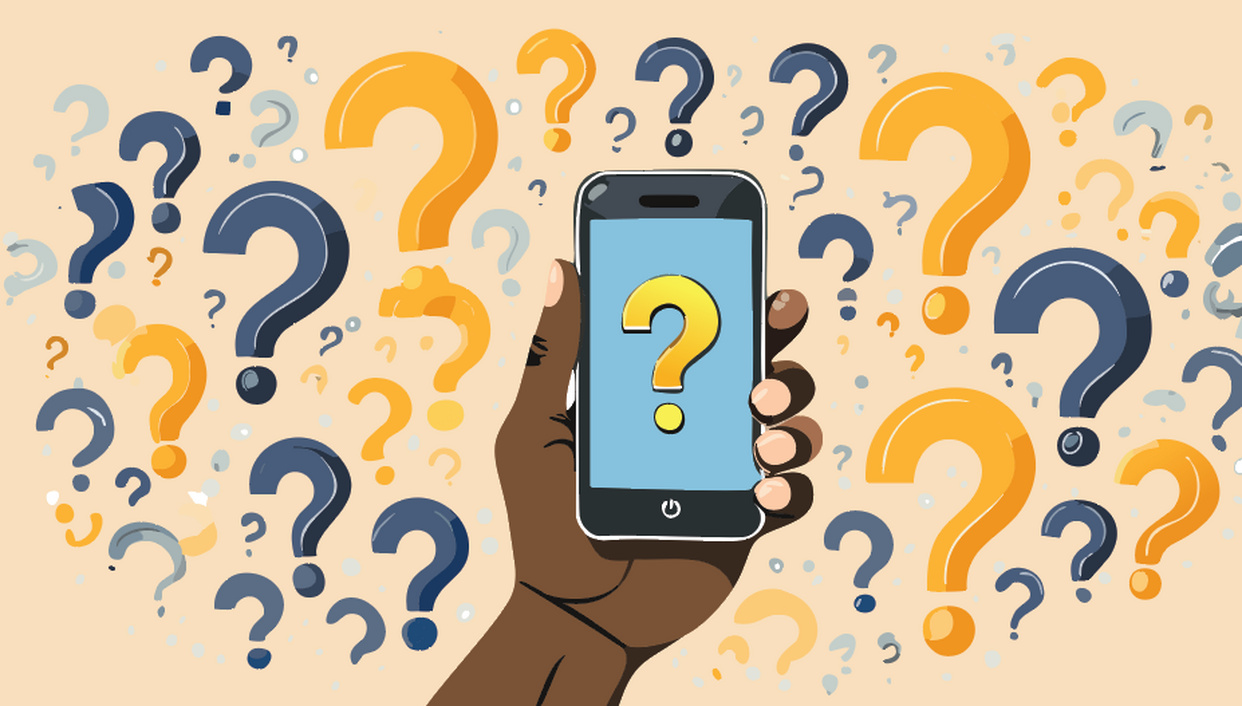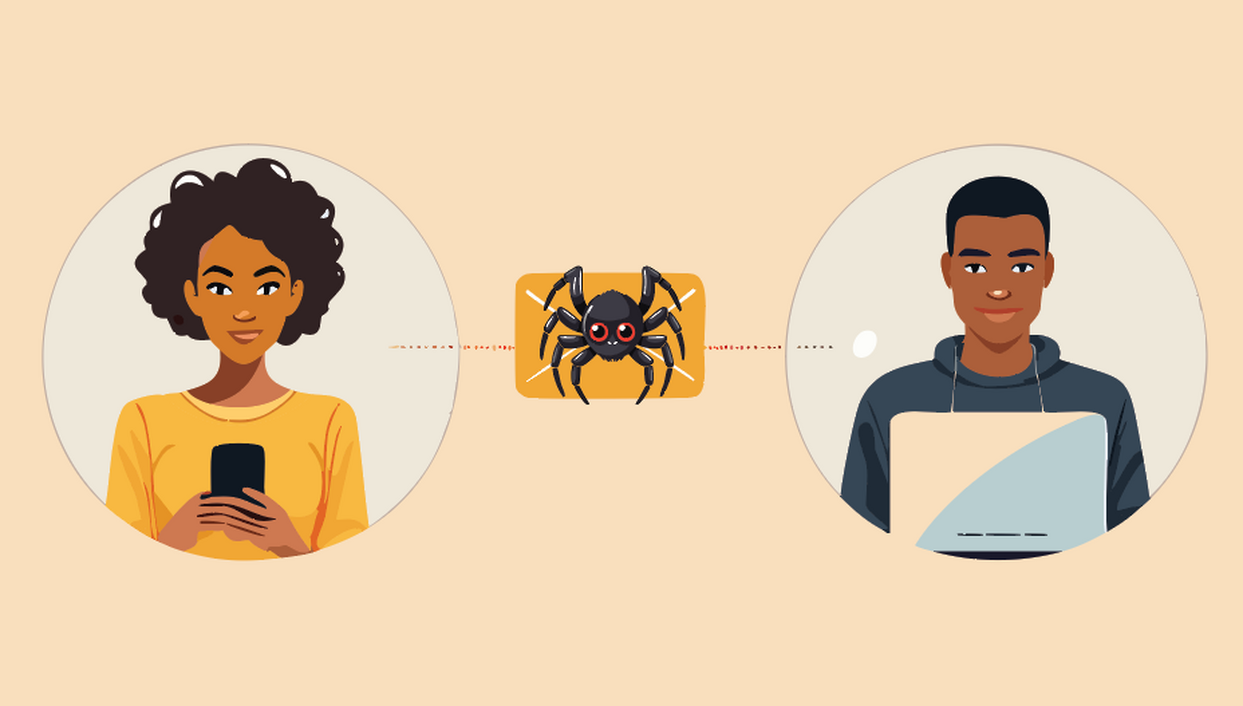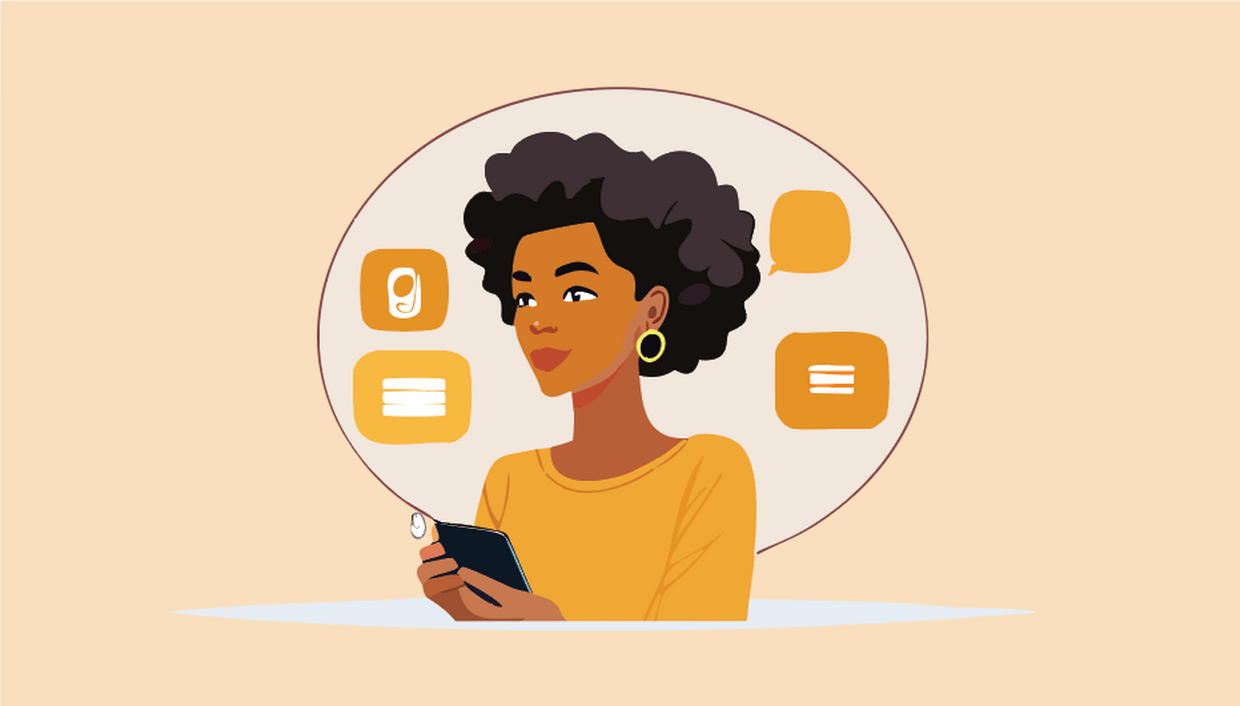
Edie Kratz - a faculty member at Queen’s University - receives an email that appears to be from SOLUS. The email states that Edie must log into SOLUS to complete an annual update of her personal information.

Edie clicks the link provided in the email, and is taken to an external site. She notices that she did not have to provide her NetID and associated password to get into the website. Additionally, this site does not look like the SOLUS landing page she is familiar with.

The site asks for her personal banking information, Social Insurance Number, and pictures of her driver’s license. Edie is certain that she is at risk of having her personal information stolen. She immediately reports the scam attempt to the Queen’s Incident Reporting Portal.

Edie investigates how she can better protect her personal information online and how to use the internet safely. She finds that by sharing less online, assuming all websites and apps may pose a risk, and asking for reasoning before providing sensitive information, her online privacy will remain intact.
The Dangers of Social Media
Many of us share aspects of our personal lives on social media, but it's important to remember that cyber threats like phishing scams also exist on these platforms. Remain vigilant when connecting with people through social media, whether you know them in real life or not. Here are a few ways to protect yourself from phishing scams on social media:
- Learn to spot a phishing scam and don’t click on those unknown links
- Identify a fake friend request and always double check before accepting a “new” friend
- Ignore contests and giveaways that you never signed up for or participated in
- Be mindful of all urgent requests from a friend or family and verify the authenticity of any message by contacting the requestor via another method (such as a phone call)
Social media allows us to connect to others both locally and across the globe, but cyber criminals try to exploit these connections and steal from us. By knowing the signs of cyber threats on social media and how to protect yourself and your accounts, you will be able to connect safely with family and friends.
How Can You Use Social Media Safely?

Think Before You CLICK
Julie receives a message offering a “special version” of her favourite app. She clicks the link, enters her credentials, and installs the software. Unfortunately for Julie, she just fell for a phishing scam. Scammers now have total access to her device and data.
Don't be like Julie. Instead;
- Never trust unexpected social media messages.
- Don’t click unknown or unexpected links.
- Only download and install software from verified sources.
- If it sounds too good to be true, it probably is.

Think Before You SHARE
Mark recently live-streamed a party from the office. Unfortunately for Mark, he didn't adjust the security settings on his account and accidentally broadcast proprietary information to the entire world. Also, since geotagging was still on, scammers know the exact time and location of his every picture and post and can easily target him.
Don't be like Mark. Instead;
- Don’t assume default security settings protect you. Set your information to private where possible.
- Don’t give away sensitive or confidential information.
- Review and update security and privacy settings quarterly.
- Turn off geotagging to keep your location information private.
- Only share with intended viewers.

Think Before You CONNECT
Tina accepts all connection requests - even from people she doesn't know. She recently connected with her CEO and has been sharing work-related, proprietary information using private messages. Unfortunately, Tina is the victim of a fake profile. Scammers use fake profiles to access information and harm organizations.
Don't be like Tina. Instead;
- Don’t blindly accept connection requests.
- Don’t assume the connection is real.
- Don’t use social media to send sensitive information.
- If a request seems suspicious, verify by contacting the person directly.
- Periodically review and remove unnecessary connections.
This Week's Challenge
Test your knowledge with our safe browsing quiz. Note that you will be prompted to log in with your NetID and password. When you're ready, click the link below to begin the quiz.
This quiz will collect your name, Queen's email address, and NetID to notify winners of where and how to redeem their prize. Your data will not be shared with any other party or used for any other purpose.